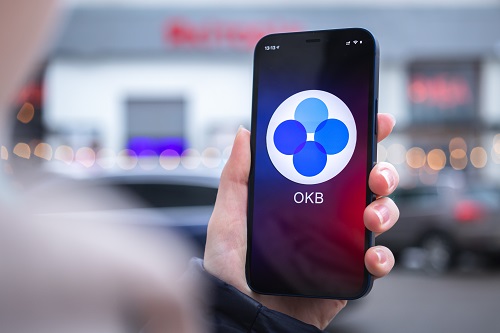Unlock the Editor’s Digest for free
Roula Khalaf, Editor of the FT, selects her favourite stories in this weekly newsletter.
US secretary of state Antony Blinken arrived in Israel on Tuesday as the Biden administration attempts to revive stalled talks to end the war in Gaza and secure the release of hostages following the killing of Hamas leader Yahya Sinwar.
With Blinken set to meet Israeli Prime Minister Benjamin Netanyahu, the state department said it believed there was “an opportunity to move the ball forward” on ceasefire negotiations. But diplomats say there is little momentum for renewed talks as Netanyahu’s far-right government continues its offensive in Gaza and intensifies its assault against Hizbollah in Lebanon.
A few hours before Blinken arrived, Hizbollah fired several barrages of rockets and missiles across northern and central Israel, including Tel Aviv and Haifa. The Lebanese militant group said it targeted the Glilot intelligence base just north of Tel Aviv and a naval base in Haifa.
The Israeli military said most of the 26 projectiles fired by the Iran-backed group were intercepted. There were no immediate reports of injuries.
Blinken’s visit also comes as the region is braced for the Israeli government’s response to an Iranian missile attack on Israel three weeks ago.
Israel has vowed a “precise and deadly” retaliation for the barrage of 180 ballistic missiles Iran fired, in what Tehran said was a response to Israel’s assassination last month of Hizbollah leader Hassan Nasrallah.
Iranian foreign minister Abbas Araghchi warned on Tuesday that Tehran would “respond in kind” if Israel attacked the Islamic republic.
Israeli forces killed Sinwar, the mastermind of Hamas’s October 7, 2023 attack that triggered the wave of hostilities across the region, in southern Gaza last week.
Since Sinwar’s death, Israeli strikes have killed scores of people in northern Gaza. Israel has also widened its attacks on Hizbollah in Lebanon, targeting branches of a microlender affiliated with the group, while pressing ahead with its land offensive in the south.
Netanyahu said after Sinwar’s death that the war could end if Hamas laid down its arms and returned the hostages. But Hamas has stuck to its position that it will accept a deal only if Israel agrees to a permanent ceasefire and withdraws its troops from the besieged strip, something Netanyahu has repeatedly rejected during months of US-led negotiations.
The Israeli prime minister faces pressure from far-right allies in his ruling coalition not to make concessions to the Palestinians. They have threatened to leave his government if he agrees to what they describe as a “reckless” deal with the Palestinian militant group.
Hamas, meanwhile, has to select a new leader to replace Sinwar, who had the final say on indirect negotiations with Israel.
Blinken’s trip to Jerusalem comes a day after White House envoy Amos Hochstein held talks in Beirut with Lebanese leaders about diplomatic efforts to end the spiralling conflict between Hizbollah and Israel.
Hizbollah has said it will not agree to a ceasefire as long as Israeli troops are fighting in Gaza.
Hours after Hochstein’s talks in Lebanon, Israeli forces launched more than a dozen air strikes on the southern suburbs of Beirut. One attack killed 13 people, including a child, next to the entrance of a government hospital in south Beirut, Lebanese health officials said. A further 57 people were wounded in the area, whose residents had not been warned to evacuate. Another strike hit a fishermen’s port close to Lebanon’s international airport.
Israel’s military spokesperson Rear Admiral Daniel Hagari alleged on Monday that Hizbollah had stored $500mn in cash and gold under the Sahel hospital, another medical facility in Beirut’s southern suburbs. He said the Israeli air force was “monitoring” the site but added it would “not strike the hospital itself”.
The Israeli military did not provide evidence for the claim. The hospital had invited journalists to inspect its facilities on Tuesday, Lebanon’s National News Agency reported.
Israel’s military said it targeted Hizbollah weapons storage facilities, a naval base and other sites linked to the group in Beirut overnight.
Israel’s year-long offensive against Hizbollah has killed almost 2,500 people in Lebanon and forced more than 1.2mn from their homes, mostly in the past month, according to Lebanese authorities.
The conflict began after Hizbollah started firing rockets towards Israel following Hamas’s October 7 attack, forcing about 60,000 Israelis from their homes in northern Israel.
Despite suffering a series of military blows, including the killing of Nasrallah last month, Hizbollah continues to launch rockets, drones and missiles at Israel.
About 80 Israeli civilians and soldiers have been killed by Hizbollah fire into Israel and during Israel’s land invasion of southern Lebanon.
Credit: Source link














